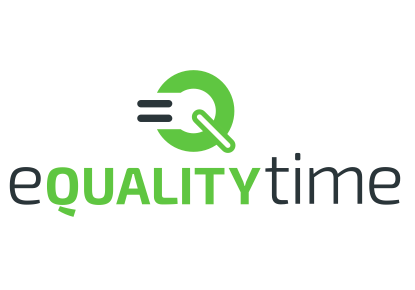Our use of Google Ads has been extremely uneven: one project does astonished well, another does very badly. We’re starting to wonder if it’s a great idea.
We received a Google Ads grant about two years ago; it gave us up to $10,000 worth of ad credit a month. Since then we’ve spent over $1,000 of credit on White Water Writers without a single booking coming from it. At the same time, promoting Project Real, has produced 1,000s of downloads and lots and lots of visitors. Our ads for the Open Voice Factory can’t even get shown.
This massive disparity is confusing. On the one hand, it’s evidence that the ads that have been put up aren’t entirely bad. On the other, it’s clear that we are failing to crack some significant issue.
It’s worth knowing that it’s surprisingly hard to spend money with Google Ads. You don’t pay for the ad unless it’s seen, and Google only shows the ad to a user if it’s one of the, say, most relevant three ads that are competing for the slot. So until you can write ads that are seen by people, you don’t spend any money at all. That’s the situation that the Open Voice Factory ads are in, which is particularly frustrating given the nature of the project.
White Water Writer ads *are* seen. A bit. Enough to use up a $1,000 of credit. A few hundred people click have clicked on the ads, but those people don’t make the step from visiting the website to booking. It might be worth improving that end of the scale but I feel like there is definitely something not quite right about the ads.
The runaway success has been Project Real. It’s ads are seen frequently and in a year they have burned through about $50,000 of credit. Lots of people have gone to the website. Lots of people have then downloaded the resources and periodically email or message for advice. We are completely confused about why that one works.
Overall I am looking at the Ads system with a mixture of confusion and frustration. There is clearly something useful here. But on the other hand, a decade of experience with White Water Writers has shown that people rarely believe in it before they see it. It’s possible that the hyper-exaggerated world of internet advertising isn’t the right place to try and promote it.
